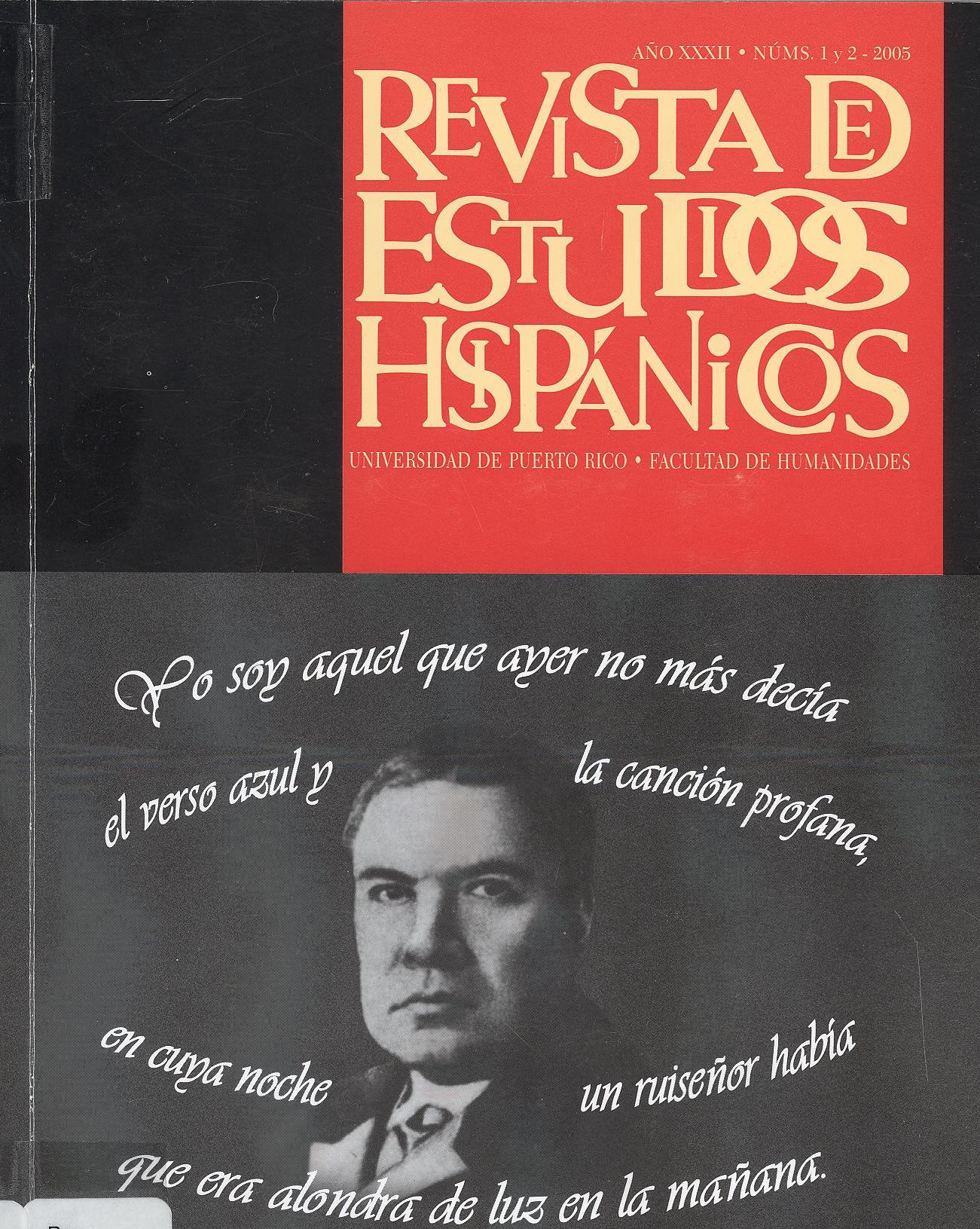Abstract
The salvadorean author Miguel Ángel Espino belongs to a promotion of writers that renewed the novel in Spanish America during the nineteen forties and nineteen fifties, paving the way for the great "Boom". His novel Hombres contra la muerte (Men Against Death, 1947), about the English colony of Belice, is a good example of this complex process that, in his case, as in the case of Asturias and Carpentier, begins with the fusion between regionalism and vanguardism and leads to "lo real maravilloso" (marvelous realism). Its fragmentary structure, abrupt temporal and spatial displacements, multiple narrative voices, intermittent development of several stories, dense lyrical style and incorporation of American mythic mentality, are ways that lead from regionalism and the novels about Nature into marvelous realism. This perspective is part of an idealistic and antipositivistic Americanism with social consciousness that defines itself as a defense against european imperialism. Men against death exemplifies the transition between regionalism and marvelous realism and the tensions and contradictions of the populist Americanism which sustains it.This work is licensed under a Creative Commons Attribution-NonCommercial 4.0 International License.
Downloads
Download data is not yet available.

